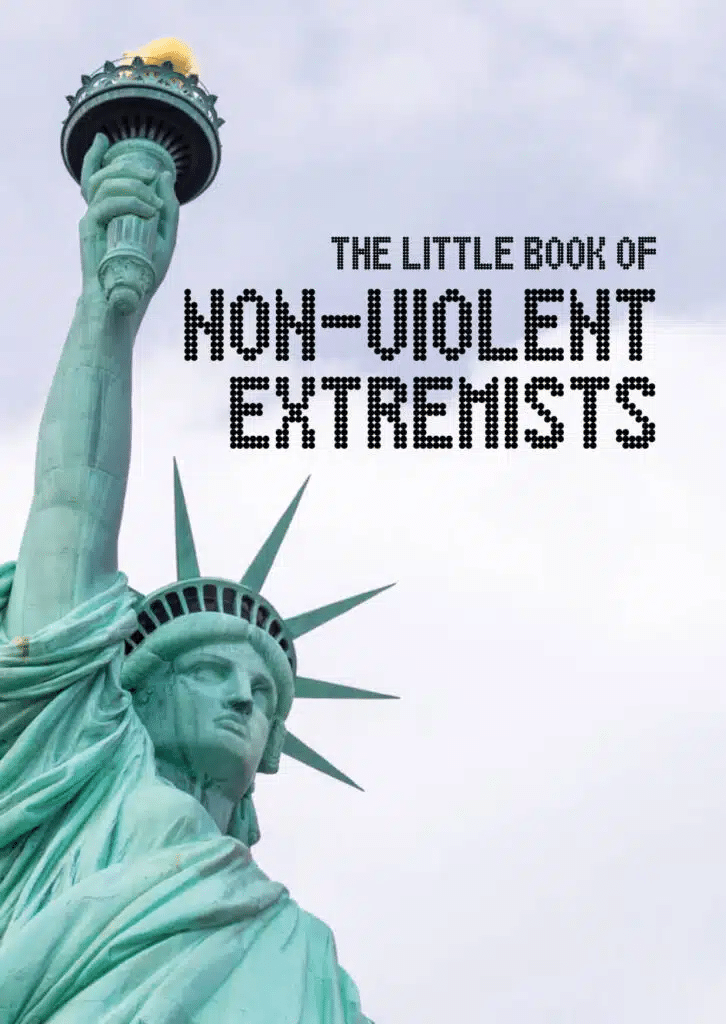The Government’s controversial Extremism Disruption Orders (EDOs) have faced heavy criticism once again, this time from the founder and Director of the Institute of Ideas.
Speaking on BBC Radio 4’s ‘Any Questions?’ programme, Claire Fox said that the thinking behind EDOs amounts to the “policing of thought”.
Her criticism comes after a warning last week, by atheist commentator Brendan O’Neill, that the proposals will extinguish free speech and debate.
Absolute mockery
Fox drew attention to EDOs after being asked how effective the promotion of British values, would be in deterring people from extremist ideologies.
In implementing EDOs, Fox argued, the Government will “undermine the very values of the enlightenment, free speech and free assembly, in order to impose British values.
“It makes an absolute mockery, a nonsense, of the very values that we’re trying to defend.”
Dictating
Fox accused the Government of using extremism rhetoric to impose a new orthodoxy of thinking: “There is a whole trail of things that amount to the policing of thought.”
She said: “When you break it down you then see that they’re actually betraying the civil liberties, the rule of law, they’re actually dictating what teachers teach in schools.
“When they say ‘we want to prevent extremism getting out in schools’ it’s so ironic” because “the kind of schools that have been done over are Catholic schools because of, for example, their views on homosexuality.”
Fox concluded, “apparently a British value now is a positive acceptance of what the Government has told you it is”.
Never justified
Writing in The Telegraph last week, Brendan O’Neill said that “official clampdowns” on speech and debate can “never be justified”.
He pointed out that the Government’s plans to tackle non-violent extremism could even cover Christians who do not support same-sex marriage, because this could be seen as not having “respect for minorities”.
The Christian Institute and the National Secular Society have both argued that the measures could damage free speech.


